In Kurdistan, the Industrial Zone is a Tourist Destination; in Iraq, a Neglected Garbage Dump
A stark contrast exists between Kurdistan's modern, service-rich industrial zones, likened to tourist spots, and Basra's neglected, garbage-filled areas.
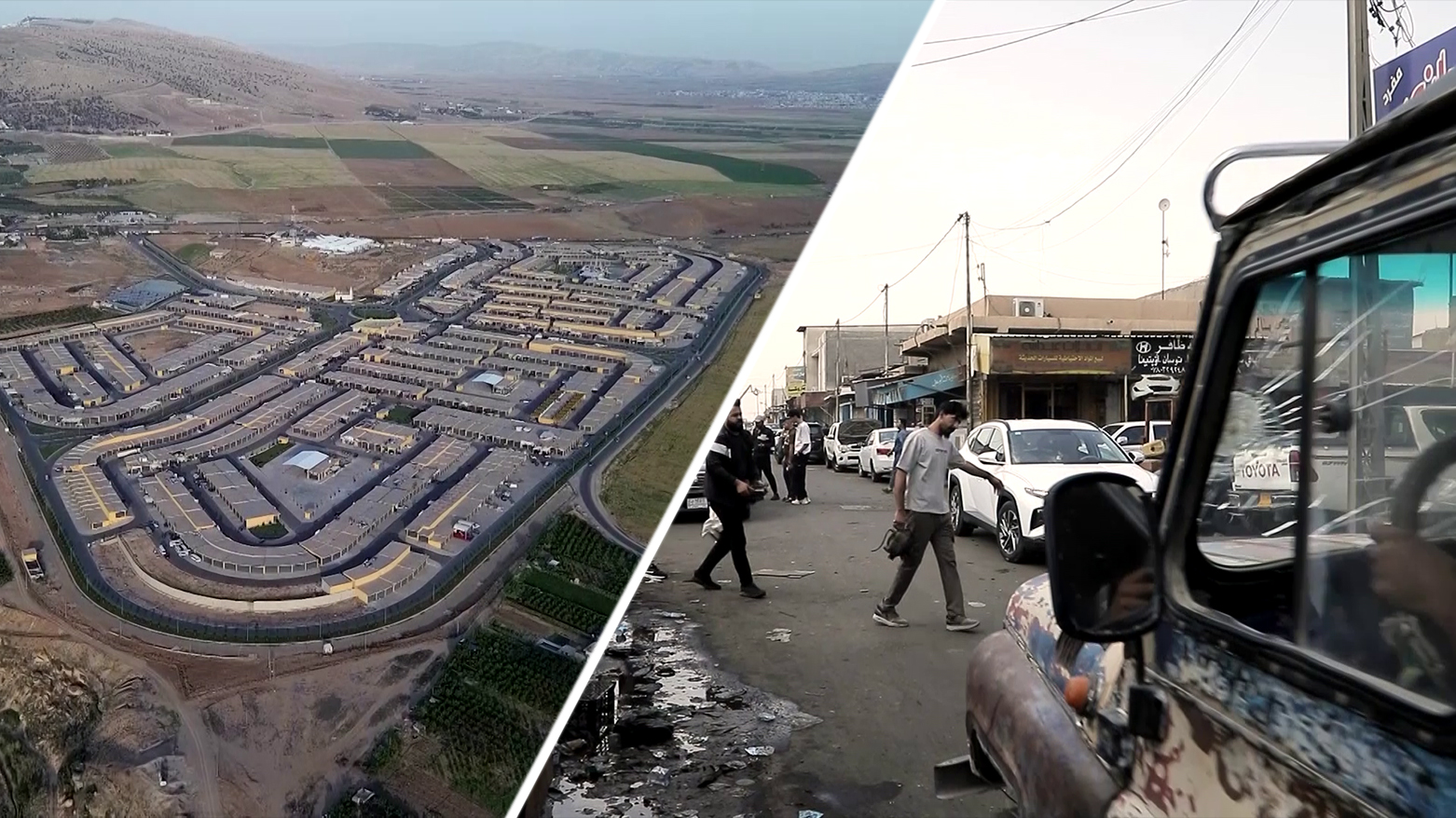
ERBIL (Kurdistan24) - In a tale of two vastly different realities that starkly illustrates the profound and growing chasm in governance, vision, and the provision of basic human dignity between the Kurdistan Region and federal Iraq, a visit to the industrial zones of Duhok and Basra presents a study in jarring and almost unbelievable contrast.
In Duhok, a meticulously planned, multi-million-dollar industrial complex for automobiles has been built to such a high international standard, complete with sprawling green spaces, mosques, and 24-hour services, that visitors and workers alike have compared it to a "tourist spot."
Meanwhile, hundreds of kilometers to the south in Basra, the economic heart of federal Iraq, the industrial zone is a landscape of dystopian neglect, a decades-old quagmire of accumulated garbage, raw sewage, and choking smoke, where business owners are forced to pay the government for services that are never delivered and where the most basic necessities of life, like clean water and electricity, are a distant and unattainable dream.
This tale of two zones, resembling the Charles Dickens’ A Tale of Two Cities (1859) novel, is more than just a story about infrastructure; it is a powerful and damning indictment of a system of governance that has left its citizens to languish in filth, and a testament to another that is actively investing in a future of prosperity, order, and respect.
The grim reality of the industrial zone in Basra, as documented by Kurdistan24 correspondent Aram Bakhtiar, is a daily assault on the senses and a clear and present threat to the health of the thousands who work and visit there.
The area is a sprawling testament to decades of systemic failure, a place where the air is thick with smoke and the ground is a treacherous slick of oil, waste, and refuse, a breeding ground for stray dogs and disease. For the shopkeepers and workers who spend their lives in this environment, it is a state of perpetual and infuriating neglect.
Khalid Dhargham, a shopkeeper who has been a tenant in the zone since the 1990s, painted a picture of utter abandonment by the authorities.
"Look here, it's not clean at all; oil, waste, and garbage have accumulated in it," he told Kurdistan24, his frustration palpable. "There is no accountability. Half of the industrial zone belongs to the state, and they collect rent from it, but they don't provide any services for it. Our most basic rights have not been provided for us."
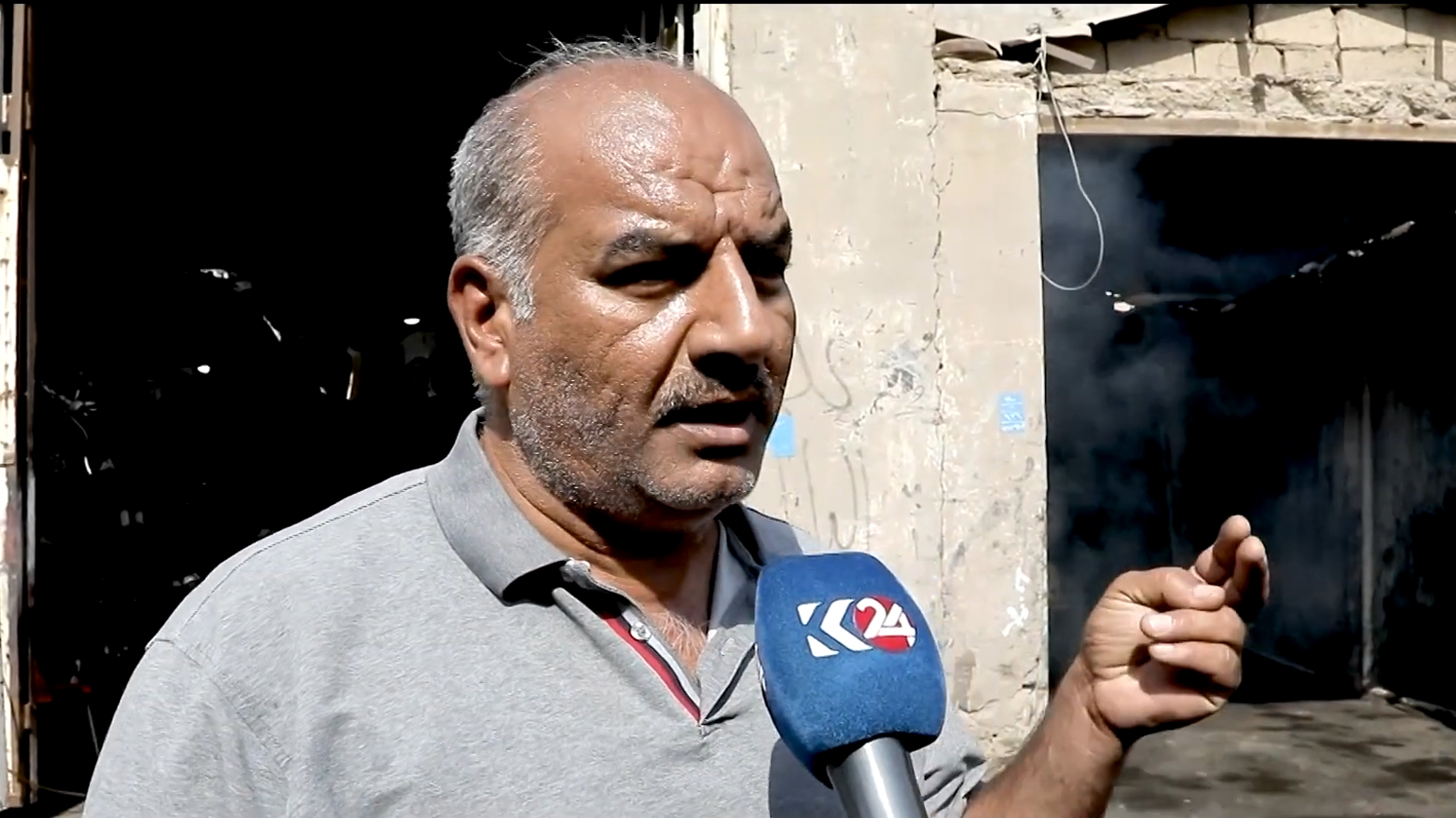
His long and fruitless wait for a piece of land to call his own, a dream deferred for over three decades, is a poignant symbol of the broken promises and systemic inertia that define the lives of so many.
The most galling aspect of this neglect is the fact that the federal government actively collects fees from these business owners under the guise of providing services. According to the report, monthly fees ranging from 25,000 to 75,000 Iraqi dinars are levied on the shopkeepers, yet the government provides them with neither water nor electricity, let alone sanitation or waste management.
This has forced the workers to fend for themselves in an environment that is not only unpleasant but actively hostile to human health and productivity.
Asaad Abdul Razzaq, another shopkeeper in the Basra industrial zone, detailed the daily struggle for the most basic of necessities.
"Our biggest problem is the lack of water in this place, so everyone is forced to buy water," he explained. "It doesn't make sense for us to buy a barrel of water for four thousand dinars." This daily, out-of-pocket expense for a resource that should be a fundamental public service is a constant drain on the already precarious finances of these small businesses.
The lack of reliable electricity presents another, equally debilitating challenge, especially during the scorching Iraqi summers. "Another problem is the lack of electricity," Abdul Razzaq continued. "In every shop, five people work, and in the summer, the electricity is cut off a lot, and we can't bear it."
The image of five people toiling in a sweltering workshop without power is a stark illustration of the impossible conditions under which they are expected to be productive.
The final indignity, he added, is "the lack of sewage," a failure that ensures the entire area remains a fetid and unsanitary quagmire.
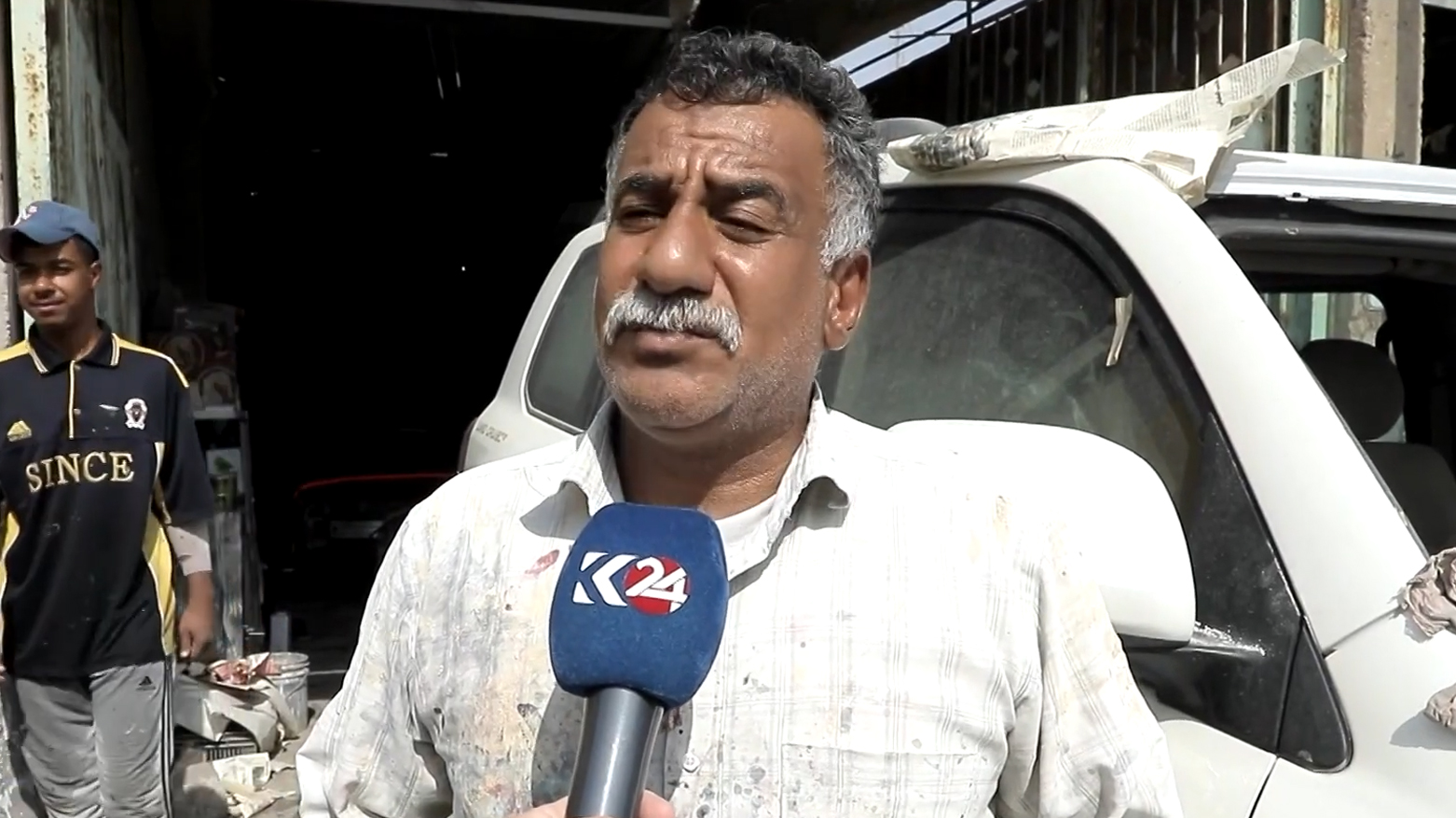
The report by Aram Bakhtiar concludes that this pervasive neglect and the endemic corruption that allows it to fester are the primary reasons for the backwardness of this critical economic area, a particularly bitter irony given that Basra serves as a hub from which spare parts for cars are exported to all other provinces of Iraq.
In the Kurdistan Region, however, a vastly different and more hopeful story is unfolding. As documented by Kurdistan24 correspondent Bewar Hilmi, the new industrial zone for automobiles in Duhok governorate is not just functional; it is a source of civic pride and a model of modern, service-oriented development.
Built just two years ago in a contemporary style and according to the highest international standards, the complex has been designed with the comfort and well-being of both its workers and its visitors in mind. The result is an environment so clean, orderly, and pleasant that it challenges the very definition of an industrial zone.
Drivers who visit the area for repairs or services have been left in a state of happy disbelief.
"This industry is very advanced, built in a very orderly manner, and has good greenery," Hazim Mohammed, a driver, told Kurdistan24. "It is very clean and without problems." The sense of calm and happiness he described is a world away from the stress and squalor of the Basra zone.
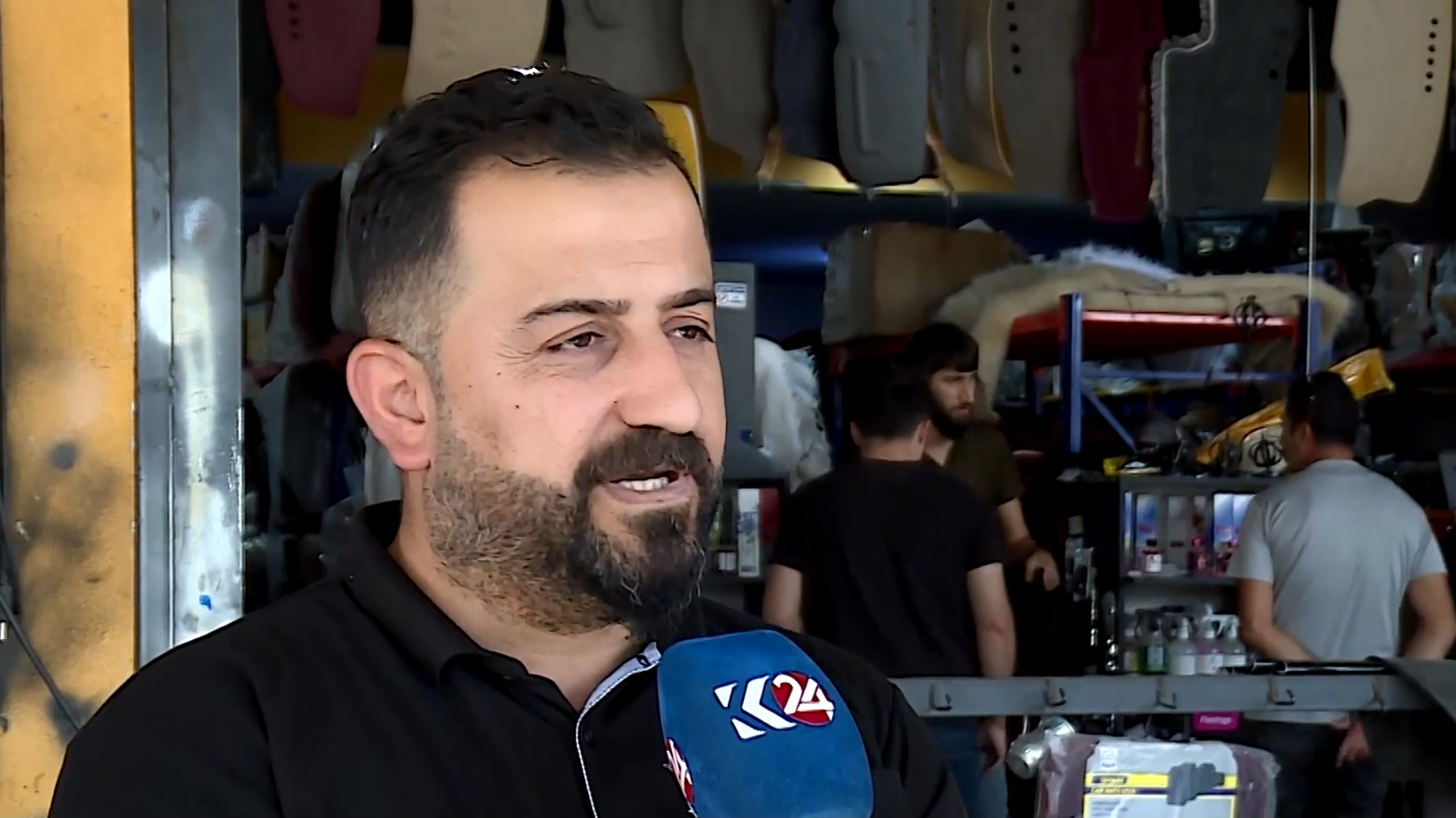
This sentiment is shared by those who work there every day. Omar Jamil, a worker in the Duhok complex, expressed his gratitude to the Kurdistan Regional Government (KRG) for creating such a high-quality environment.
"This industry has been developed for two years. May the Kurdistan Regional Government be blessed; it is a beautiful and spacious industry," he said. "Its streets are wide, and it has all the services like a mosque and a park. It has been built very beautifully. Whoever sees it thinks it is a tourist spot and does not feel that this place is an industrial zone."
His remarkable statement, that an area dedicated to car repair feels more like a tourist destination, is perhaps the most powerful testament to the success of the project's vision. "We thank the Kurdistan Regional Government," he concluded.
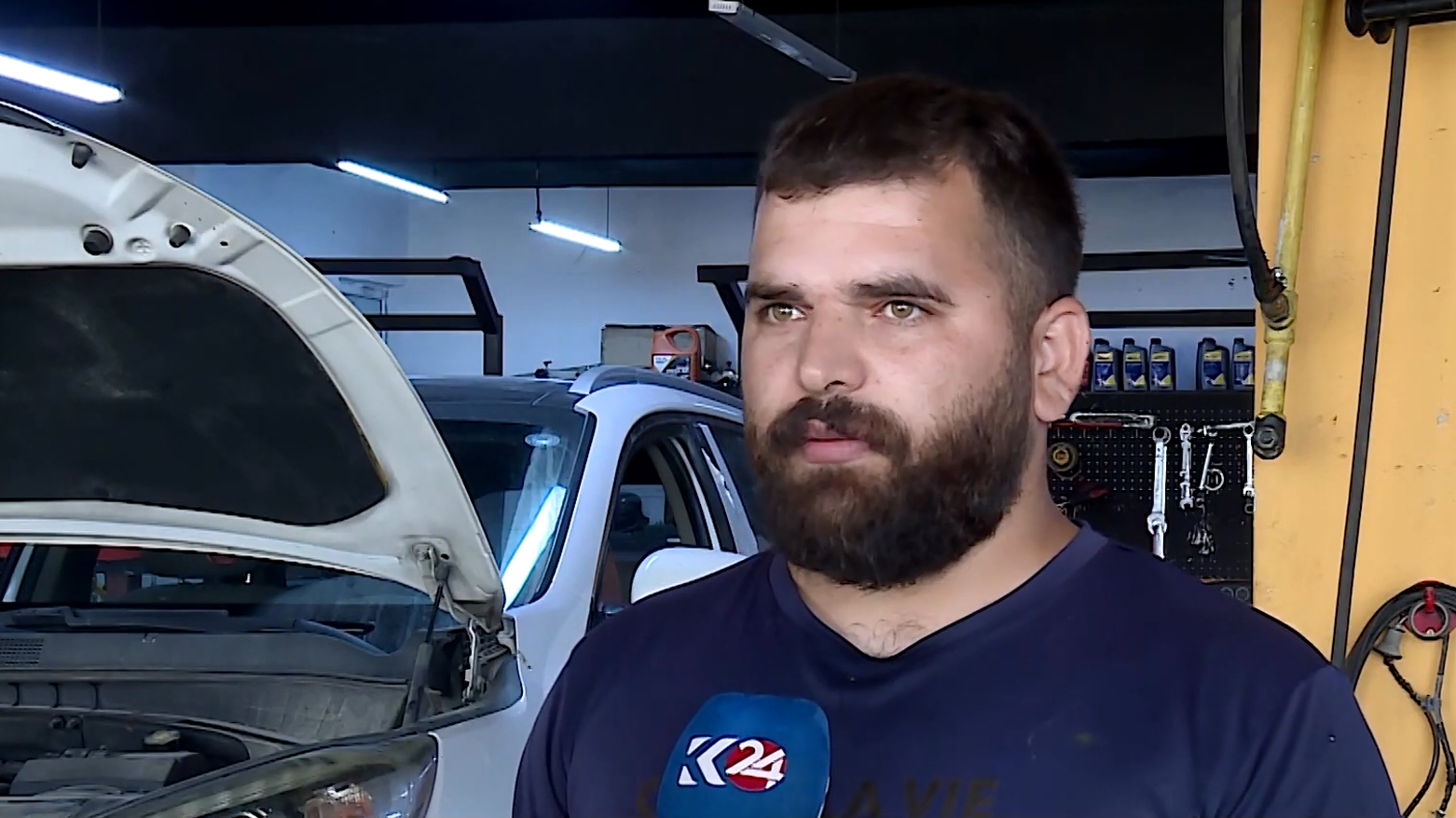
This stunning achievement is not an accident of fate but the result of a massive, deliberate, and comprehensive investment by the KRG. The industrial complex for automobile services in Duhok was built on a vast area of 679,000 square meters, at a cost of 62 million dollars.
The project is meticulously organized into six distinct zones and contains 2,378 individual industrial units. In a direct and stunning contrast to the garbage-strewn landscape of Basra, the Duhok complex boasts 30,000 square meters of dedicated green space, a feature that contributes not only to the aesthetic beauty of the site but also to a healthier and more pleasant working environment.
The most critical difference, however, lies in the provision of services, the very thing that is so conspicuously absent in Basra.
The Duhok project has been designed as a fully integrated and self-sufficient community, with every conceivable need for its workers and visitors catered for. The complex is provided with 24-hour electricity, a stable and reliable power supply that stands in stark opposition to the constant and debilitating blackouts that plague the south.
A state-of-the-art firefighting system has been installed, ensuring the safety of the workers and the protection of the massive investment. High-speed internet is available throughout the complex, a vital tool for modern businesses to order parts, communicate with clients, and manage their operations.
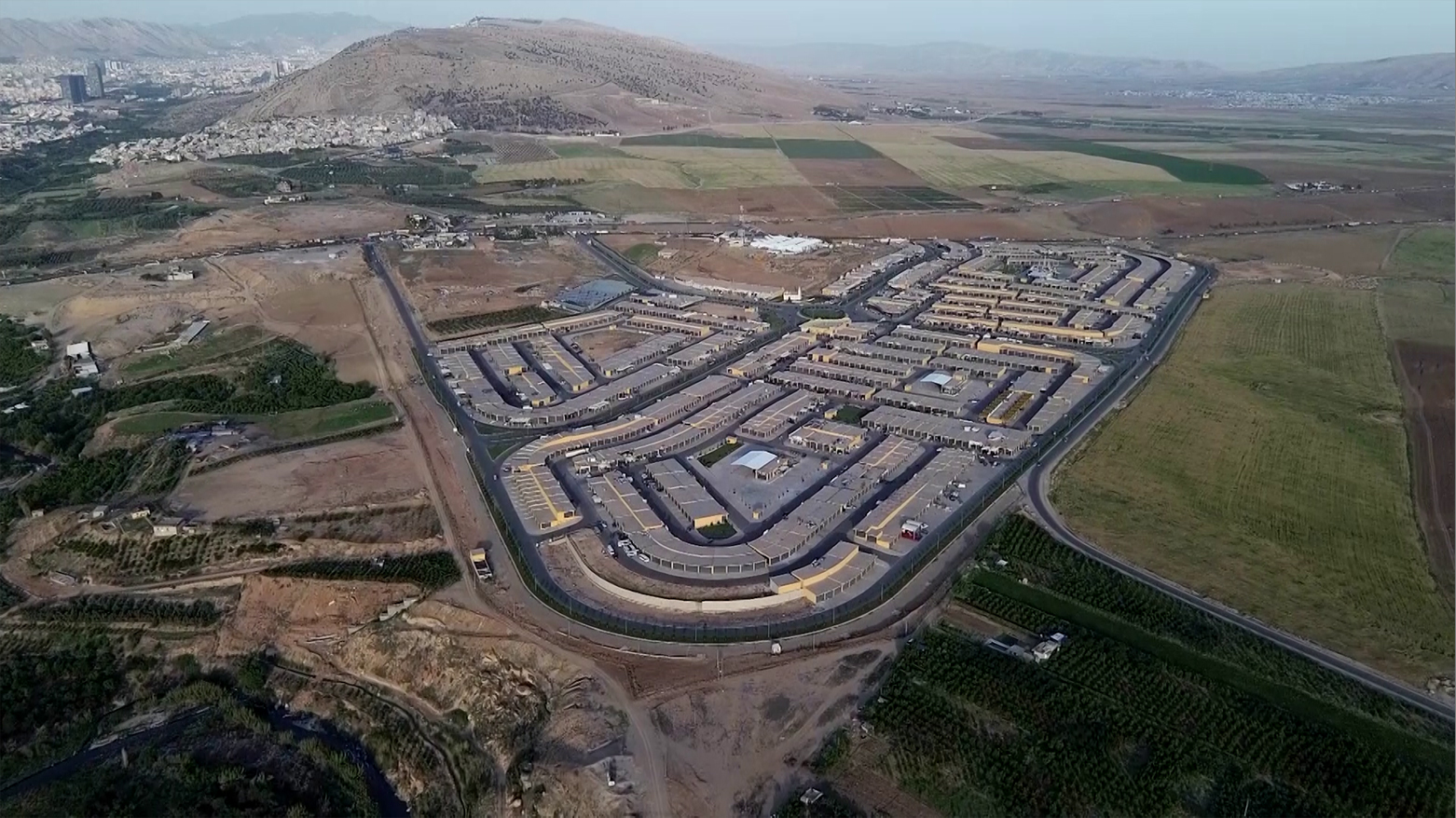
The planners have even had the foresight to include a motel on-site, a crucial amenity for drivers and business people who may have traveled long distances. Furthermore, the complex includes its own dedicated health center, ensuring that immediate medical care is available for the thousands of people who work there, and a police station, guaranteeing a constant and reassuring security presence.
The stark and undeniable contrast between the industrial zones of Duhok and Basra is a powerful and revealing metaphor for the two different paths of governance that have emerged in post-2003 Iraq. In federal Iraq, a system mired in neglect and alleged corruption has proven incapable of providing even the most basic services to its people, leaving a critical economic sector to literally rot in its own filth.
In the Kurdistan Region, a government with a clear and ambitious vision is making strategic, large-scale investments in modern infrastructure, creating environments that are not only economically productive but also safe, clean, and dignified. The tale of these two zones is a clear and compelling illustration of what is possible when there is political will, effective planning, and a genuine commitment to serving the people.